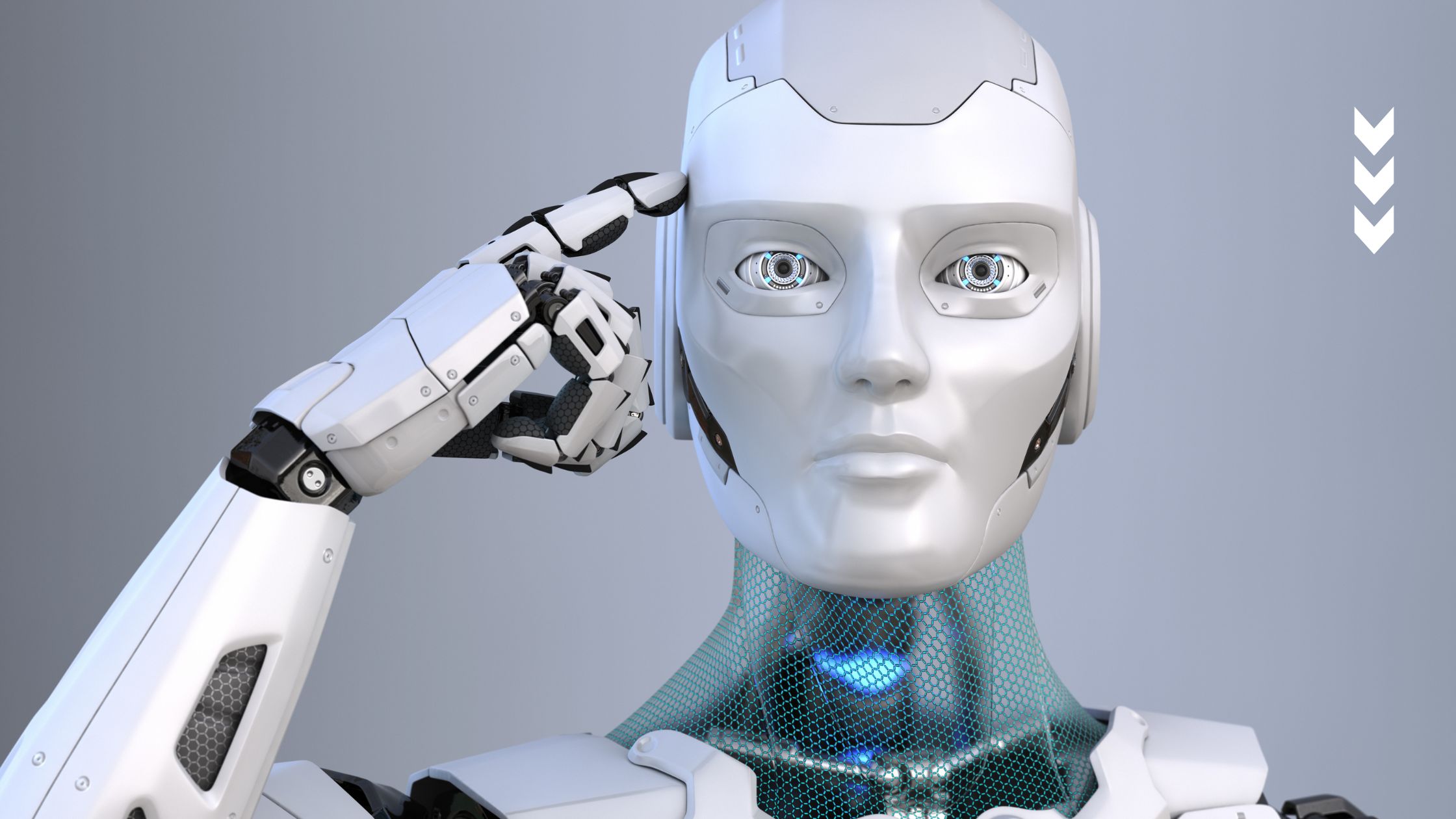
In an interesting development, a “robot” lawyer will represent a defendant in court to fight a traffic ticket next month.
According to the creator who doubles as the CEO of DoNotPay, Joshua Browder, the AI-powered robot works on a smartphone. Browder explained that the robot can comprehend arguments in court, and build cases for defendants by telling them what to say through headphones. Browder announced on Twitter that the AI lawyer will appear in court for the first time on February 22. However, Browder did not give the court or the client’s name
“We spoke live [with companies and customer service reps] to lower bills with companies; and what we’re doing next month is try to use the tech in a courtroom for the first time.”
Joshua Browder, CEO of DoNotPay
AI firm, DoNotPay is no newcomer to developing innovative ideas. According to Browder, the company employed AI-generated chatbots and form letters in getting refunds for dysfunctional in-flight Wifi. The company’s technology has also helped in lowering bills and in parking results disputes.
Browder claims the company’s AI templates have won over two million customer disputes for individuals against several organizations and institutions.
DoNotPay has garnered over $25 million from tech-oriented venture capital firms like Crew Capital and Andreesen Horowitz. According to Browder, DoNotPay will cover the fines should the AI lawyer lose the court battle. He further explained that the innovation is a product of the recent advancements in AI technology.
Will the courtrooms allow robot lawyers?
Most courtrooms do not allow hearing aid or AI technology on their premises. Some states mandate all parties’ consent to be recorded which excludes robot lawyers from many courtrooms. Only two of the 300 court cases DoNotPay planned for the trial of the AI lawyer were feasible. Nonetheless, some courtrooms are more flexible as they allow hearing aids, including Bluetooth-enabled versions.
Discussing this challenge, Browder acknowledged the innovation is outside “the spirit of the law” but it won’t deter his company from “pushing things forward”, especially for people who are unable to afford legal help. Browder is optimistic that a successful first outing for the robot lawyer will spur more courts to change their rules.
Many lawyers and bar associations would be against this
Browder claims the ultimate goal is to democratize the law and make legal representation affordable for all. He also believes this technology will cut legal costs by removing the need for pricey attorneys in some cases.
However, he is not oblivious to the challenges the robot will face, particularly from legal associations. According to Browder, many lawyers have sent threats to him since he first announced the robot lawyer will appear in court.
Because the technology is not allowed in most courtrooms at the moment, Browder is not looking to monetize the product for now. He believes it’s more about “encouraging the system to change”
ChatGPT needs “retraining” for legal practice
The robot lawyer comes after the AI-generated chatbox ChatGPT, which has taken the internet by storm due to its ability to generate coherent content on several topics in seconds. The innovation has enjoyed massive popularity, with Microsoft signing a deal worth billions of dollars with the parent company, OpenAI recently. Browder believes ChatGPT needs a lot of retraining before it can be used in law practice. Browder noted that while the OpenAI’s brainchild is great at conversations, it’s “terrible at the law”. According to him, we need to “retrain” the technology and “send it to law school”.



